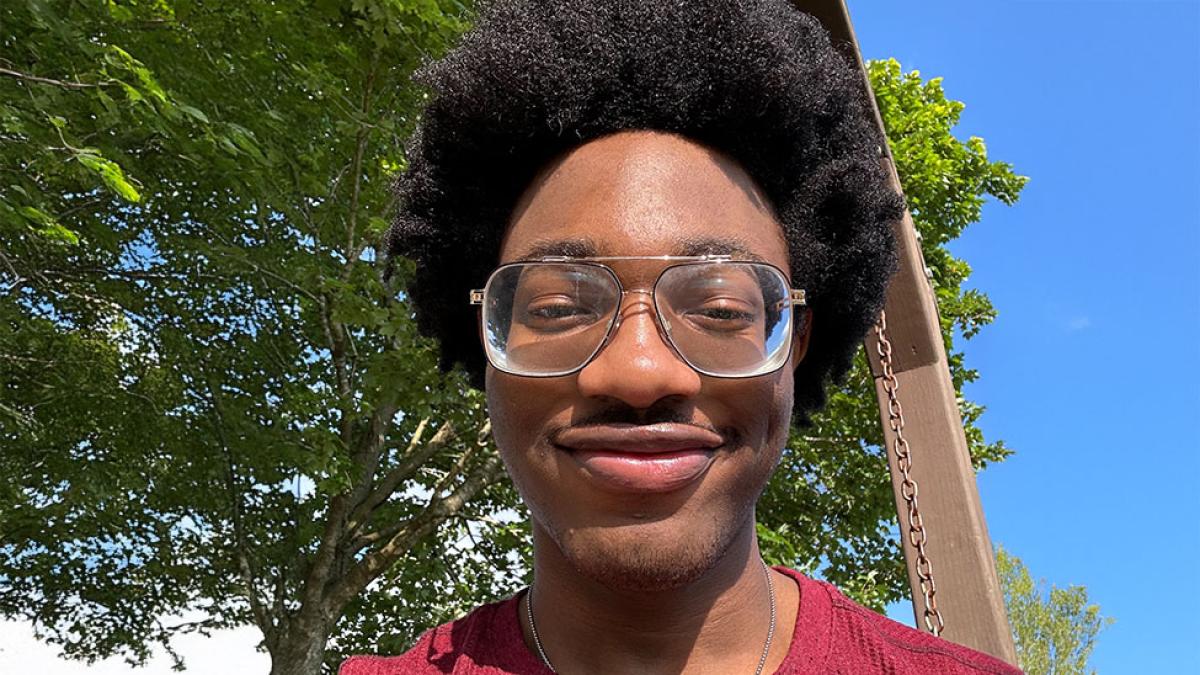From privacy risks to environmental costs, the rise of generative AI presents new ethical challenges. This guide developed by the Pace Library explores some of these key issues and offers practical tips to address these concerns while embracing AI innovation.
Resolutions For Students: Advice They’ll Ignore But Might Need Anyway
Pace President Marvin Krislov contributes an insightful piece to Forbes, offering a list of New Year’s resolutions for students. He frames them as essential survival strategies for thriving, not just in school, but in life.
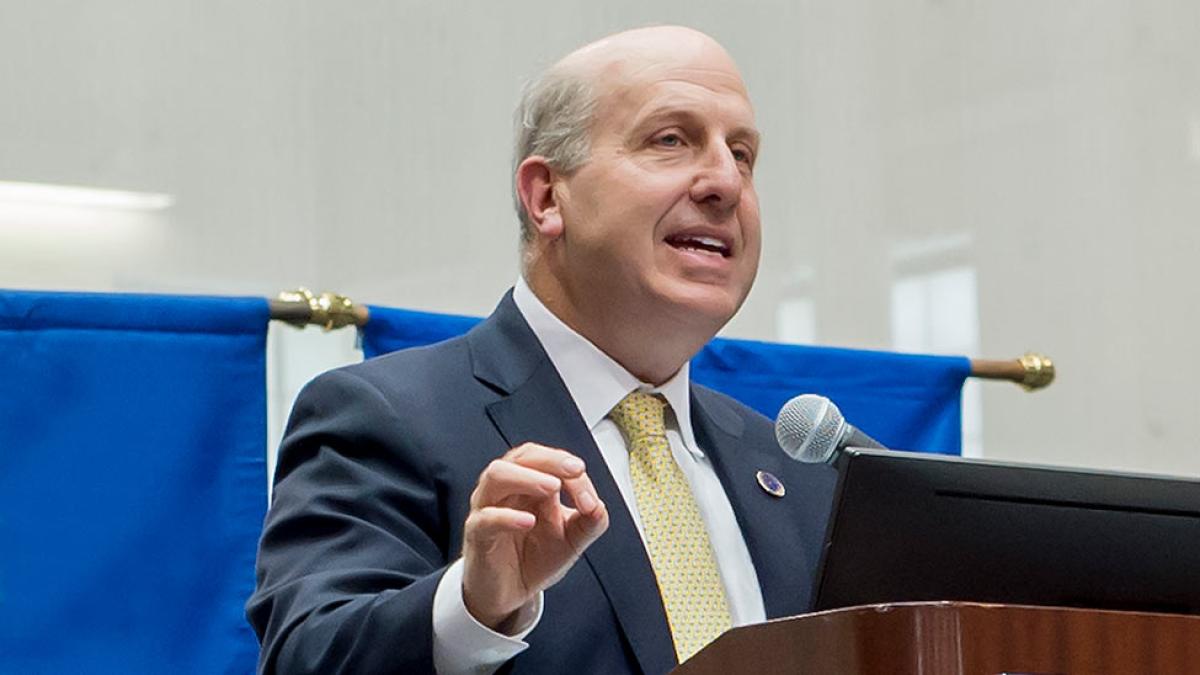
Will the Supreme Court save TikTok? What's ahead in the final legal showdown.
Elisabeth Haub School of Law Professor Leslie Garfield Tenzer provides legal insight to USA Today about the Supreme Court throwing TikTok a potential lifeline agreeing to quickly hear the company’s challenge to a law requiring it be sold or face a ban in the U.S. this month.
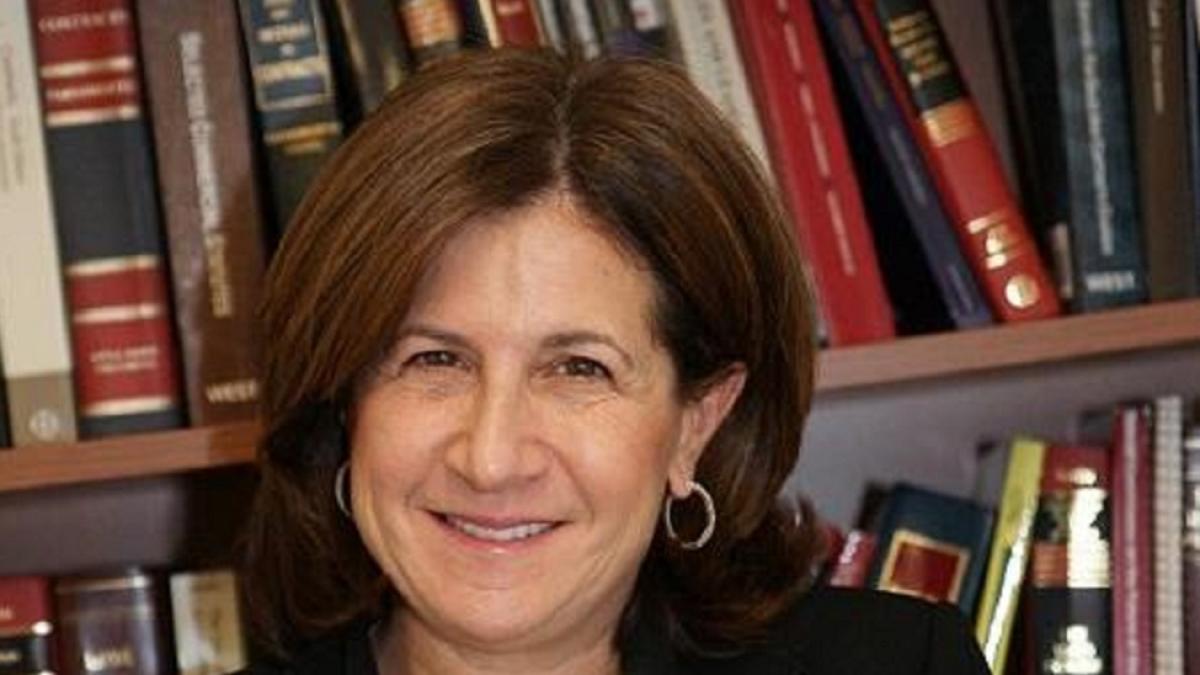
Expert: NY Minimum Wage Hikes May Have Unforeseen Consequences
Economics Professor Mark Weinstock speaks with News 12 about the minimum wage increasing to $16.50 per hour in New York City, Long Island and Westchester, and $15.50 for the rest of the state.
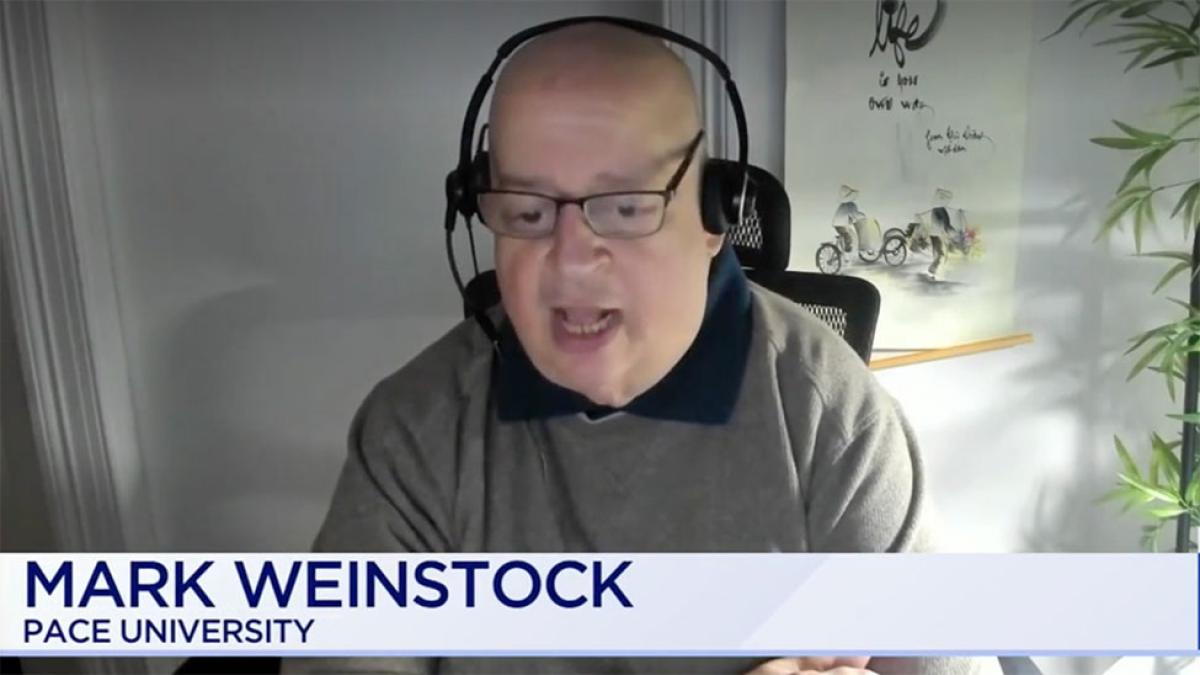
Opinion: Addressing The Nursing Shortage Crisis Starts With Nursing Faculty
College of Health Professions Interim Co-Dean Esma Paljevic co-authored an op-ed in NYN Media that highlights the crucial role of nursing faculty in addressing the nursing shortage crisis.

Experts' Advice on Finding the Best Business Airline Cards
Lubin Professor Andrew Coggins Jr. provides expert insight to Money Geek on the best business travel credit cards for airline miles in 2025.

Making Voting Easier: N.Y. Automatic Voter Registration Better Late Than Never
The New York Daily News featured Pace University as a key location for Lower Manhattan residents casting ballots during the 2024 general election, in a story about automatic voter registration in New York.
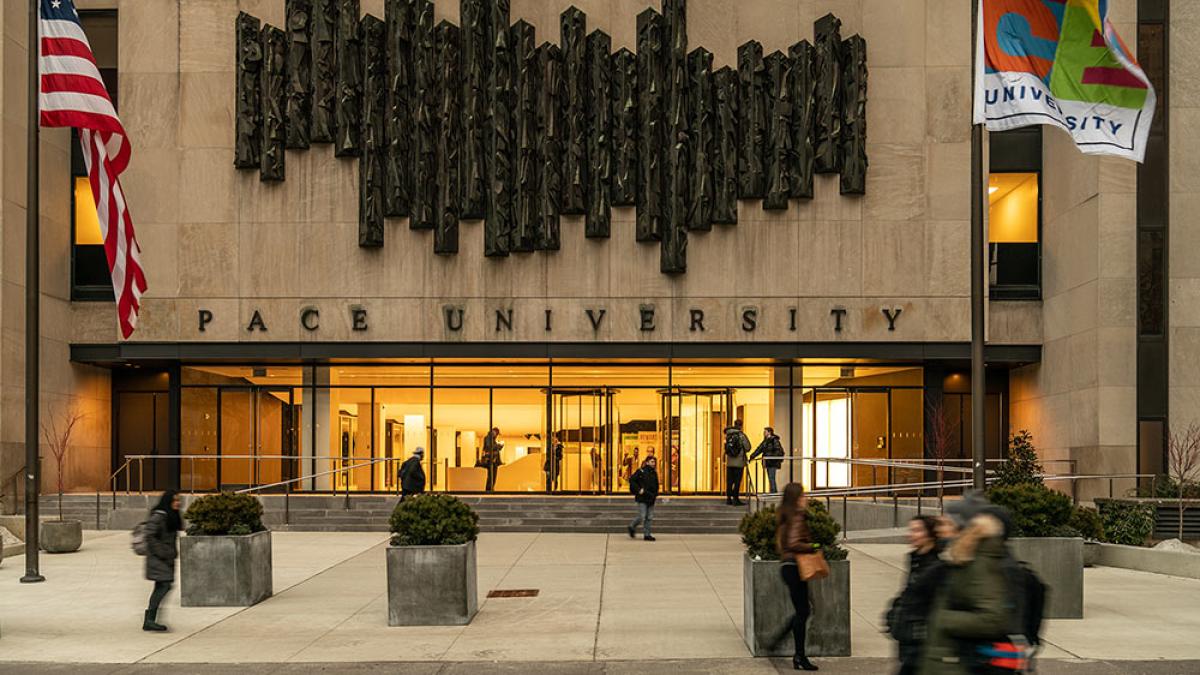
AI In the Workplace Course
Learn about AI in the Workplace, a free four-week program for graduating seniors to build their AI skills as they enter the workforce.


Step into the future of work with a new course, AI in the Workplace.
AI is transforming how we work, changing tools, workflows, and expectations across industries. This free, four-week program will give you the tools and knowledge to work more efficiently and stay ahead in a rapidly changing world.
In this Course, You’ll:
- Learn to use tools like Claude, Copilot, and ChatGPT to simplify tasks and boost productivity.
- Create professional visuals with platforms like DALL-E 3 and Napkin.
- Analyze data effectively with advanced tools like Julius.ai.
- Interact with useful AI tools that create graphics, summarize PDFs, and more.
- Explore AI ethics and tackle real-world challenges.
- Discover free and low-cost resources to keep learning after the course.
- Earn a digital AI in the Workplace badge.
About AI in the Workplace:
Each class combines dynamic lectures, interactive discussions, and hands-on activities to ensure you gain real-world knowledge and skills. Your journey toward future-proofing your career starts here.
- Format: 4 1.5-hour live online classes (6 hours total) through Classes and Zoom.
- Dates: Faculty and Staff Sessions, March. Student Sessions, TBD.
- Registration: Register Now.
- Information Session: Wednesday, March 4, 12:00 p.m.–1:00p.m.
- Badge: To receive a badge for this class, you must pass all four weekly quizzes.
If you have questions, please review the FAQ below. Other questions can be directed to genAI@pace.edu.
FAQ
I'm having trouble registering.
Please ensure you are registering with your @pace.edu zoom account. You need to log onto pace.zoom.us at least one time before using this account. Helpdesk has step-by-step instructions on how to authenticate your account.
Is the information session mandatory?
We highly recommend attending so you can confirm your registration, learn how to access the class, meet your instructor, get an overview of the course, and ask any questions before the course begins.
When are sessions are available?
Weekly Class Schedule
- March 9–March 30 | Mondays at 10:00 a.m.–11:30 a.m. with Diane Snyder, dsnyder@pace.edu
- March 16–April 6 | Mondays at 4:30 p.m.–6:00 p.m. with Johnni Medina, jmedina@pace.edu
- March 19–April 9 | Thursdays at 4:30 p.m.–6:00 p.m. with Gabe Terrizzi, gterrizzi@pace.edu
Twice Weekly Class Schedule
- March 10–March 19 | Tuesdays and Thursdays at 4:30 p.m.–6:00 p.m. with Matthew Ganis, mganis@pace.edu
When will classes for students be available? Are there more staff and faculty sessions available?
We are working on finalizing a schedule for the rest of the year. Please check this page frequently.
Where can I access my class?
The course is conducted via Classes. Login with your Pace credentials.
- Mondays at 10:00 a.m., March 9–March 30, with Diane Snyder
- Mondays at 4:30 p.m., March 16–April 6, with Johnni Medina
- Thursdays at 4:30 p.m., March 19–April 9, with Gabe Terrizzi
- Tuesdays and Thursdays at 4:30 p.m., March 10–March 19, with Matthew Ganis
I cannot access my class or do not know which class I'm in.
Send an email to Joe Seijo at jseijo@pace.edu.
What should I do before class starts?
Please review this introductory video about Generative AI..
I wasn't able to register in time. Is there still availability?
We are hoping to offer more training in the future. Please keep an eye on this page.
When will I get my badge?
All badges have been distributed. If you completed the quizzes but have not received your badge, please check with your instructor.
Please allows a few weeks after the end of October classes for badges to be distributed.
Instructors
Matthew Ganis
Matthew Ganis, PhD, is a professor of computer science on the Pleasantville Campus. A 40-year veteran of IBM, Ganis is recognized as an industry expert in agile software methodologies. He has spoken extensively on iterative development methods and the use of social media analytics to understand customer sentiment and behavior. Ganis is the author of two books—one on distributed Scrum and another on social media analytics—and has published more than 50 papers across his fields of expertise.
Hetal Mistry
Hetal Mistry, MS, is a PhD candidate in Computer Science at Seidenberg, where she also serves as an adjunct professor teaching Introduction to Computing and Web Design for Non-Profit Organizations. Her research tackles two high-impact challenges: developing hybrid Graph Convolutional and Graph Attention Network models to detect anomalies across domains in cybersecurity, and exploring how mobile and fixed broadband access correlates with carbon emissions across global economies. Her work bridges AI, sustainability, and cybersecurity, aiming to drive both technological innovation and responsible digital growth.
Johnni Medina
Johnni Medina, MA, is manager of content and digital engagement in University Relations and the creator of a suite of custom AI bots for Pace marketing teams. They have also helped lead AI literacy initiatives, delivered generative AI curriculum to students and staff, and consulted on AI adoption at Pace and beyond. Medina focuses on designing practical, people-first systems that require no programming knowledge, enabling broad integration within nontechnical teams.
David Sachs
David Sachs, EdD, is a professor of information systems in the Seidenberg School of Computer Science and Information Systems and has served as faculty co-chair of the University’s AI Committee since April 2024. Sachs authored the AI materials currently used in CIS-101, which has served over 2,000 undergraduates, and manages many of the AI training initiatives underway at the University.
Joe Seijo
Joe Seijo is the associate director of instructional design and an adjunct instructor in the criminal justice program in the Dyson College of Arts and Sciences. He supports faculty in developing online courses for both new and existing programs. His current focus is empowering faculty to confidently integrate AI into their teaching to enhance course content and increase student engagement.
Diane Snyder
Diane Snyder, MEd, has a 40-year career in education, engineering, and technology. After starting as a systems engineer at General Electric, she moved into academia and now serves as an adjunct professor of telecommunications. Her recent work focuses on creating hands-on AI courses that teach technical foundations and practical applications, managing STEM grants for underrepresented groups, and integrating ethical AI into educational curricula.
Gordon Snyder
Gordon Snyder, MS, is a veteran STEM educator with four decades of experience. He authored four engineering textbooks, co-founded the Hi-Tec Conference, and has led National Science Foundation–funded Centers of Excellence in emerging technologies. Recognized as one of the top 15 STEM faculty in the United States by Microsoft, Snyder has served as an adjunct professor since 2005. His current work focuses on AI curriculum development and collaborating with academic and industry partners to advance practical, trustworthy AI use.
Gabriel Terrizzi
Gabriel Terrizzi, BA, is the director of web, mobile, and AI services. He authored the University’s first ethical guidelines for the use of generative AI and co-developed the institution’s inaugural faculty-approved classroom policy on AI. Terrizzi has led the development and deployment of AI tutors, overseen the training of T-Bone, the University’s AI-powered chatbot, and taught multiple sections of the University’s pioneering AI in the Workplace course for students, faculty, and staff.
More from Pace
Pace University’s Seidenberg School of Computer Science and Information Systems is launching a new artificial intelligence (AI) lab at its New York City campus.
What does it mean to learn in an AI-driven world? Pace University staff, faculty, and leadership weigh in on the concerns, challenges, and opportunities that AI presents for students, both during their education and within future careers.
The Supreme Court Enters Its Teenager Era
Elisabeth Haub School of Law Professor Leslie Garfield Tenzer provides legal insight to CNN about the Supreme Court throwing TikTok a potential lifeline agreeing to quickly hear the company’s challenge to a law requiring it be sold or face a ban in the U.S. this month.
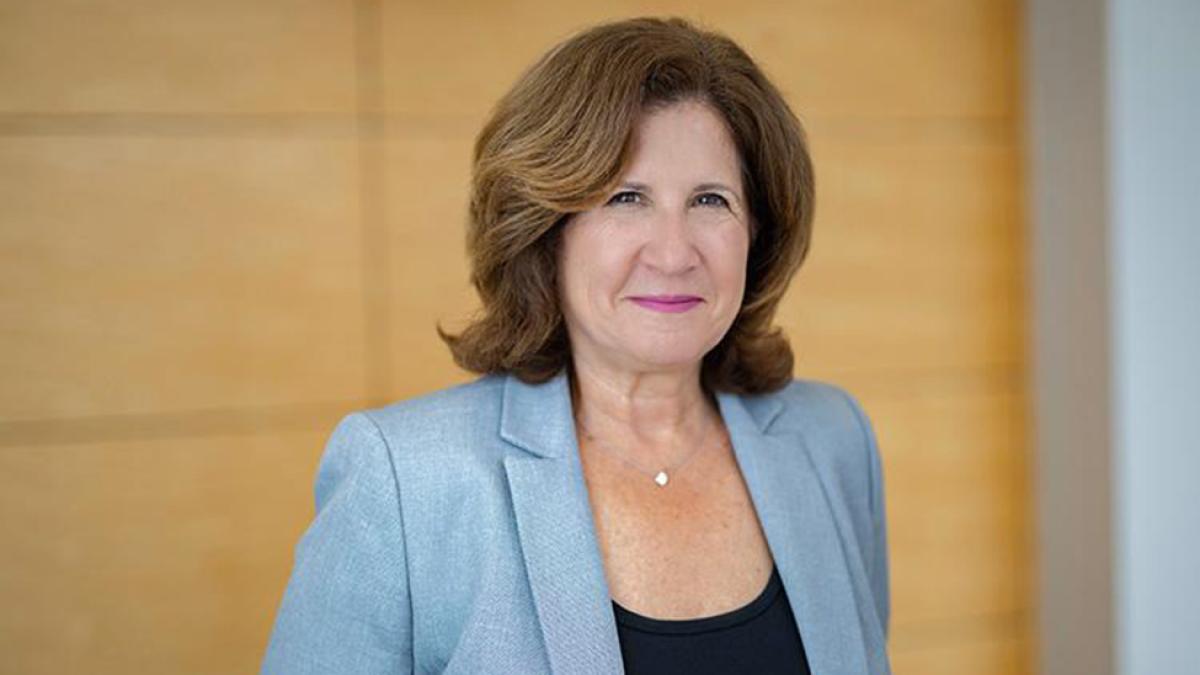
James Kennedy: Pace Psychology Graduate Fast Tracks to Doctoral Program
From a young age, James Kennedy ’24, BA in Personality and Social Psychology, had been curious about how things work. But he soon he realized that it was human interactions, emotions, and social environments that fascinated him the most.
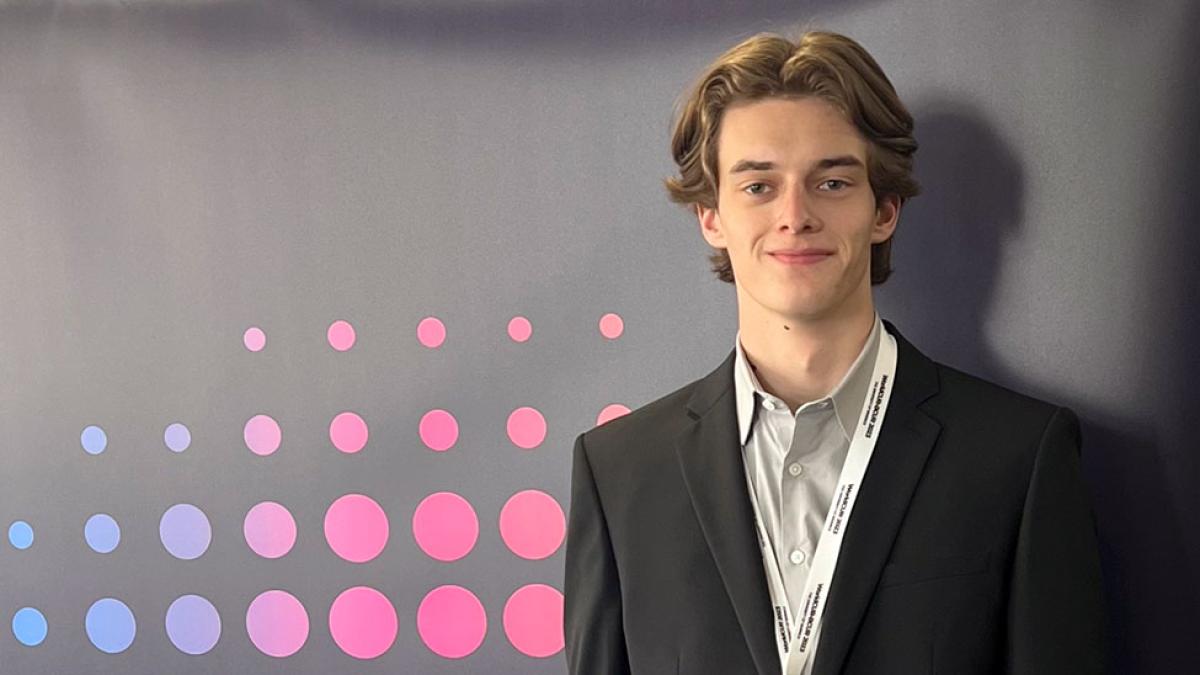
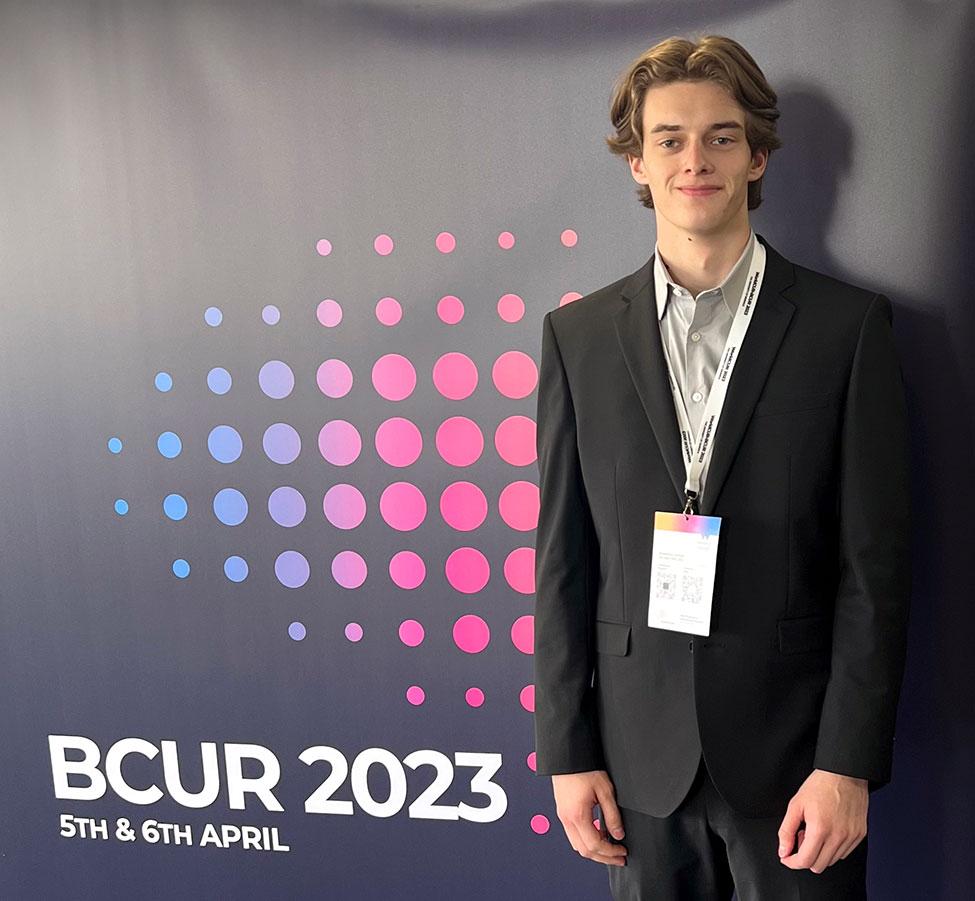
From a young age, James Kennedy ’24, BA in Personality and Social Psychology, had been curious about how things work. But he soon he realized that it was human interactions, emotions, and social environments that fascinated him the most.
Kennedy, who chose Pace because it offered a degree in personality and social psychology as well as the opportunity to conduct undergraduate research—typically found only at the graduate level—is now well on his way to achieving his goals. He is enrolled in a five-year social-personality doctoral program at the University at Buffalo, a feat only the best and brightest could achieve.
As an undergraduate student, he engaged in faculty-student research, which prepared him for this new chapter in his academic life. He also presented his research both outside of and within Pace and at national and international conferences.
His work with Psychology Professor Courtney Gosnell, PhD, is one example.
“Professor Gosnell has taught me how to develop and conduct research as well as empowered me to run my own research projects from idea to publication,” he said. The result was a co-publication of their findings, “Politics, Relationships, and Moral Foundations” in Transactions, 24 (Gosnell, C., & Kennedy, J.* (2023), which Kennedy presented with Gosnell at the British Council on Undergraduate Research (BCUR) and as a plenary speaker at Dyson College’s (at Pace) Society of Fellows seminar.
Professor Gosnell has taught me how to develop and conduct research as well as empowered me to run my own research projects from idea to publication.
Kennedy’s global sharing of his research would continue with another experiential opportunity, at the World Congress on Undergraduate Research (WorldCUR). There, he collaborated with international students on a study exploring the challenges of social media usage that might contribute to social disconnect in Generation Z.
Kennedy said, “These experiences have taught me how to network globally and think critically to present my research to a new and diverse audience.”
Looking ahead, Kennedy aspires to become a professor and combine his passion for research with teaching and mentorship. He also plans to stay in contact with his many mentors at Pace and the research they are engaged in with students.
“They have helped me reach the point I am at today and have shown me that they care about my growth as a student and a researcher, as well as a person. I plan to stay involved and attend future research events to better learn about the research that Pace students are conducting,” he said.
Go Further with Pace’s New Rideshare Program
Pace’s new rideshare program is more than a transportation solution for Westchester students—it’s a step toward creating a more connected, sustainable, and dynamic student life.

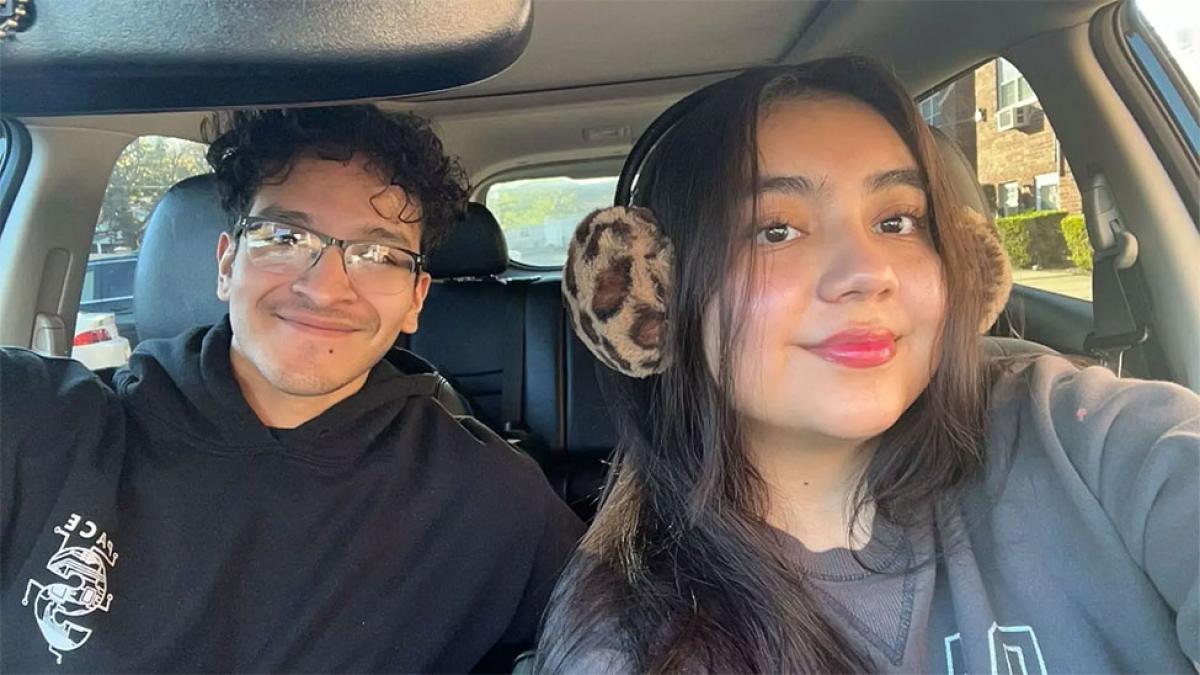
Pace University is revolutionizing the way commuter students connect and travel with the launch of a dedicated rideshare program on the Westchester Campus. Starting at the beginning of the spring 2025 semester, undergraduate and graduate commuter students can explore an efficient, cost-effective, and eco-friendly way to get to class: carpooling with peers in their local areas through the 511NY Rideshare platform.
Why Join the Rideshare Program?
- Connect with your community: The program not only makes your commute enjoyable but also fosters connections with fellow students, building a stronger Pace Community.
- It will save more than just time: Save time, money, and the planet by carpooling! Sharing the ride to campus means cutting down on fuel, toll, and mileage expenses while shrinking your carbon footprint. It’s a win-win for your wallet and the environment.
- Proven success: Other institutions like Iona College and Fordham University have seen significant benefits from the 511NY Rideshare program, and now, it’s your turn to experience the advantages.
How to Get Started
Visit the Westchester Campus Student Engagement website to learn more about the program and get connected with other carpoolers using the 511NY Rideshare platform. It’s free, easy to use, and offers a greener alternative to solo commuting.
More from Pace
As the Spring 2025 semester approaches, students and families should stay ahead of important deadlines and events. From tuition due dates and the start of classes to exciting opportunities like study abroad fairs and career fairs, this semester is full of essential moments that can shape your Pace journey.
Layne Davis ’25, a double major in Peace and Justice Studies and Political Science, combines her passions for social justice and human rights with hands-on experiences that include speaking at the UN and co-chairing Social Justice Week. Layne’s transformative journey at Pace is shaping her vision for a more peaceful and equitable world.
Nate Augustin ’27, a Writing for Diversity and Equity in Theater and Media major, shares how Pace University became the perfect platform for his voice, his transformative experiences in the program, and his hopes for creating inclusive spaces in theater and media.




